People
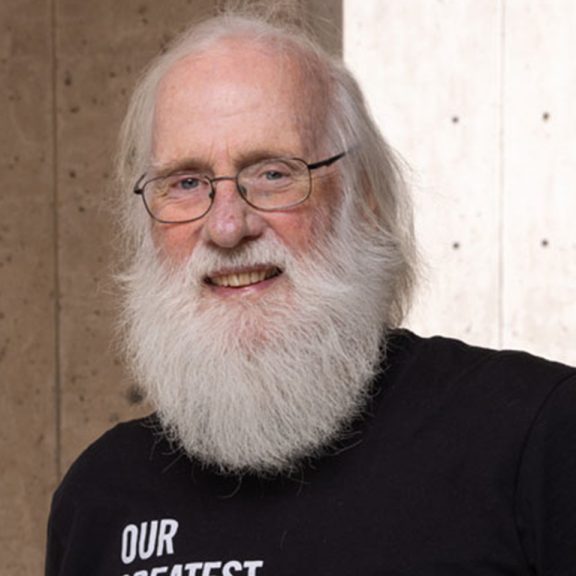
Tony Hunter
American Cancer Society Professor
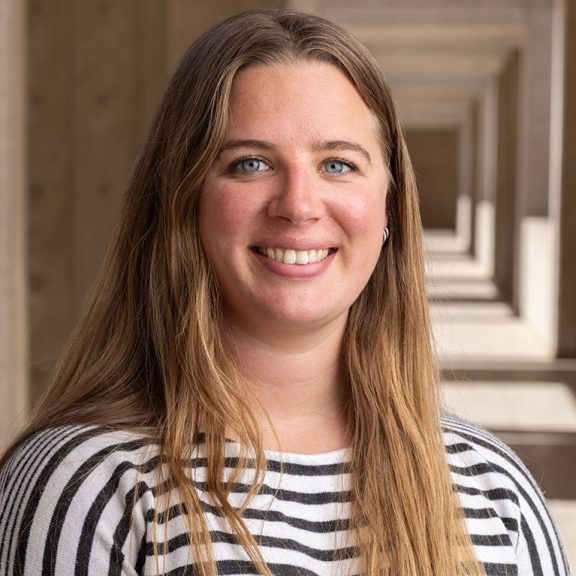
Jessica Bruning
Research Assistant IV and Lab Coordinator
Background: PhD Integrative Physiology, Michigan Technological University; MS Post-Secondary Biology Education with a focus on pathophysiology, Northern Michigan University; BS Biological Sciences, Northern Michigan University
Current position: Research Assistant IV and Lab Coordinator
Brandon McCullough
Postdoctoral Fellow
Background: Ph.D., Medicinal Chemistry, University of Utah; B.S., Biochemistry, Oakland University
Current position: Postdoctoral Fellow
Project/Techniques: Protein phosphorylation is a post-translational modification (PTM) that is essential for controlling the day-to-day activities and tasks that a cell performs. Historically, phosphorylation of serine, threonine, and tyrosine has been the primary focus of research, but an underexplored fourth type of protein phosphorylation, histidine phosphorylation, has recently started gaining attention due to increasing evidence that it plays a critical role in regulating cellular functions in animals. My research focuses on developing new methodologies to identify and validate protein targets of the protein histidine kinase and phosphatase enzymes through a combination of biochemical and chemical biology approaches with the goal of discovering novel regulatory mechanisms controlled by this PTM.

Aubrey Michi
Postdoctoral Fellow
Background: PhD Cardiovascular and Respiratory Sciences, University of Calgary; Postdoctoral Fellow at Harvard Medical School and Dana-Farber Cancer Institute; BS Environmental Science and Economics, UCLA
Current position: Postdoctoral Fellow
Project/Techniques: Metabolic enzymes are the main regulators of cellular metabolism. As critical nodes of maintaining homeostasis, their functions are dynamically and heavily regulated. My research focuses on identifying the functional consequences of novel post-translational modifications of metabolic enzymes, particularly in the context of cancer.
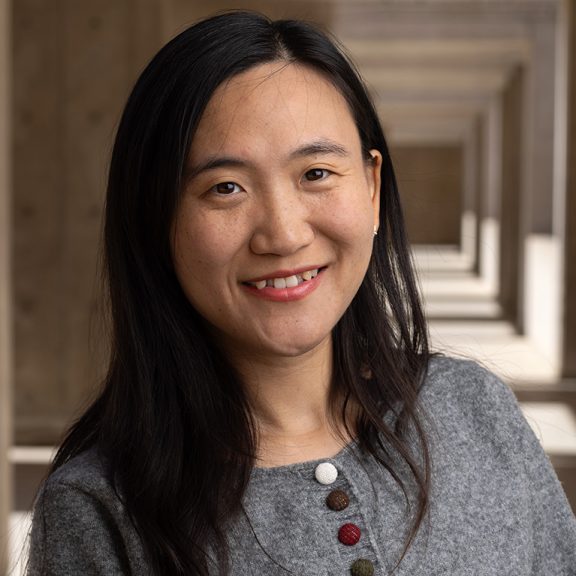
Jia Ning
Postdoctoral Fellow
Background:PhD, Structural and Molecular Biology, The University of Edinburgh, U.K.
Current position: Senior Research AssociateWe are studying SUMO-related pathways in neurodegenerative diseases, specifically RNA polymerase III (Pol III)-related leukodystrophy. Using induced pluripotent stem cell (iPSC) models and animal models, we investigate the protein translational changes and underlying mechanisms by which single mutations in Pol III affect embryonic development.
Additionally, we explore the functional significance of phosphohistidine PTMs, employing pTza-generated antibodies to identify novel substrates of phosphohistidine kinases and phosphohistidine phosphatases. Our ultimate goal is to elucidate the diverse roles of phosphohistidine in cancer progression.
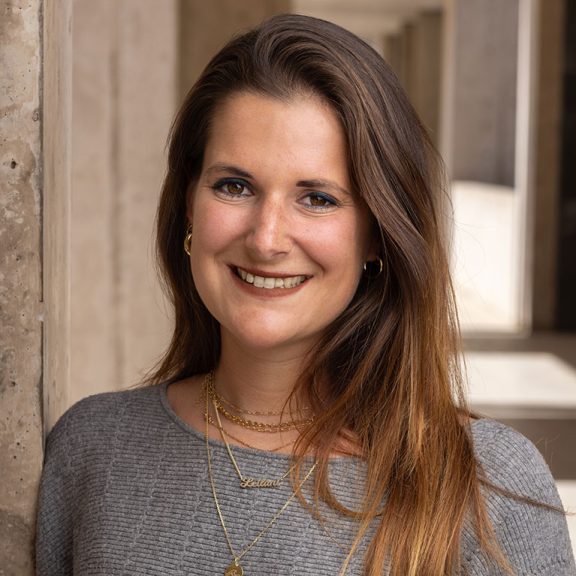
Margaux Sala
Postdoctoral Fellow
Background: PhD in Molecular and Cell Biology, Bordeaux University, France; MSc in Genetics, Bordeaux University, France; BA in Biology, Bordeaux University, France
Current position: Postdoctoral Fellow
Project/Techniques: Neuroblastoma is a severe pediatric cancer responsible for over 15% of cancer-related deaths in children, with limited effective treatment options. My research focuses on histidine phosphorylation to uncover its potential role in neuroblastoma pathogenesis. The goal is to identify novel therapeutic targets and develop strategies to improve survival outcomes for children affected by neuroblastoma. My work incorporates molecular and cellular biologytechniques, functional assays, imaging techniques, immunohistochemistry, and, in the long term, in vivo xenograft models.
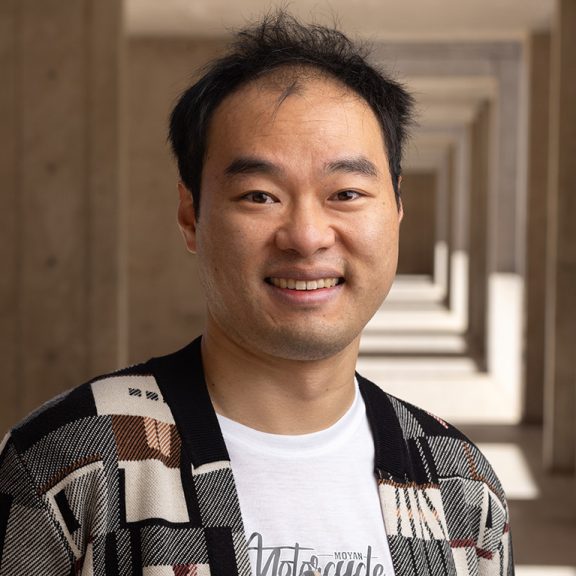
Yuan Sui
Postdoctoral Fellow
Background: PhD, Pathology, Graduate Program in Biomedical Sciences, University of Oklahoma Health Sciences Center, RV/RA, Biochemistry and Molecular Biology, School of Life Sciences, Jilin University, BS in Bio-engineering, Jilin Agricultural University
Current position: Postdoctoral Fellow, NOMIS-Salk Postdoctoral Fellow
Project/Techniques: Dr. Sui is investigating the OSM-OSMR axis in pancreatic ductal adenocarcinoma (PDA) using cutting-edge techniques, including digital spatial transcriptomics (DSP) for mapping tumor microenvironment dynamics, co-culture systems to study cancer-associated fibroblast (CAF) interactions, and genetically engineered mouse models (GEMMs) to assess in vivo effects. His expertise spans molecular biology techniques, gene editing (CRISPR/Cas9 and TALEN), transcriptomics, proteomics, and advanced cellular assays to explore cancer signaling mechanisms and therapeutic potential. As a NOMIS postdoctoral fellow, Sui specializes in cancer research, focusing on cytokine-induced tumor microenvironment (TME) alterations in PDA.
Website: Nomis Foundation https://nomisfoundation.ch/people/yuan-sui/
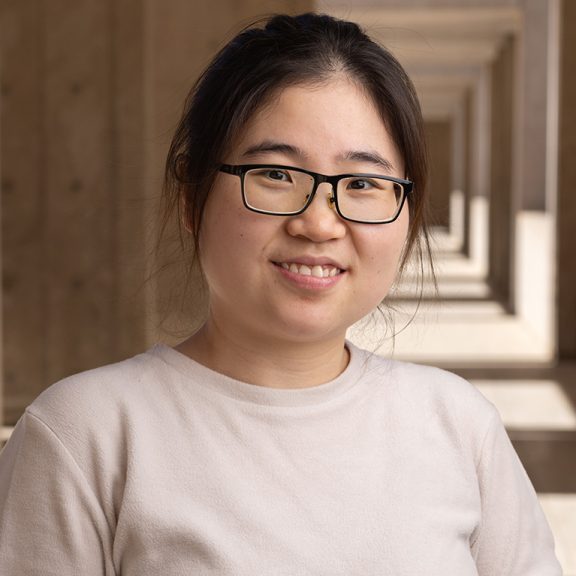
Xue Wang
Postdoctoral Fellow
Background: B.S, Liaoning University, China, (Bio-science) Ph.D, Shanghai Jiao Tong University, China, (Biology)
Current position: Postdoctoral Fellow
Project/Techniques: My projects focus on investigating functional roles of the PIN1 phospho-dependent prolyl isomerase in bladder carcinogenesis and bladder tumor microenvironment, offering the potential for developing novel therapeutic strategies for bladder cancer. To address these questions, we use techniques including RNA sequencing, bioinformatics analyses, CRISPR/Cas9-mediated gene knockout in human/mouse cell lines and mouse models such as the orthotopic transplantation model to explore the phenotypes and underlying molecular mechanisms in vitro and in vivo.
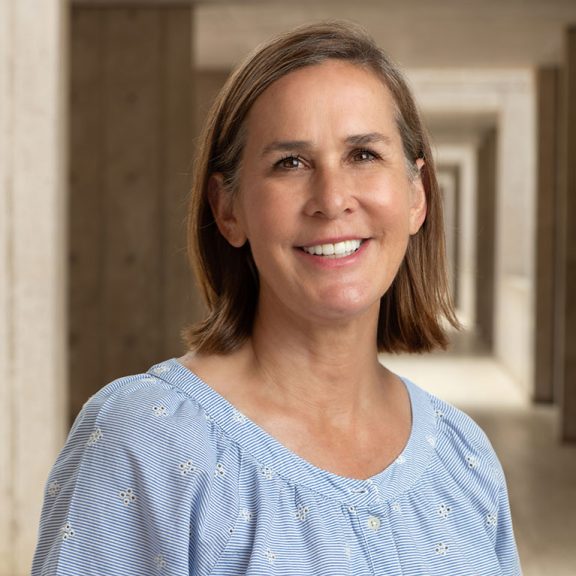
Beverly Kennedy
Research Administrative Assistant
Current position: Research Administrative Assistant
Developed strong organizational skills and a deep understanding of research administration and project coordination. Transitioned into this role at Salk Institute in 2020 after 30 years of experience at the Scripps Institution of Oceanography.